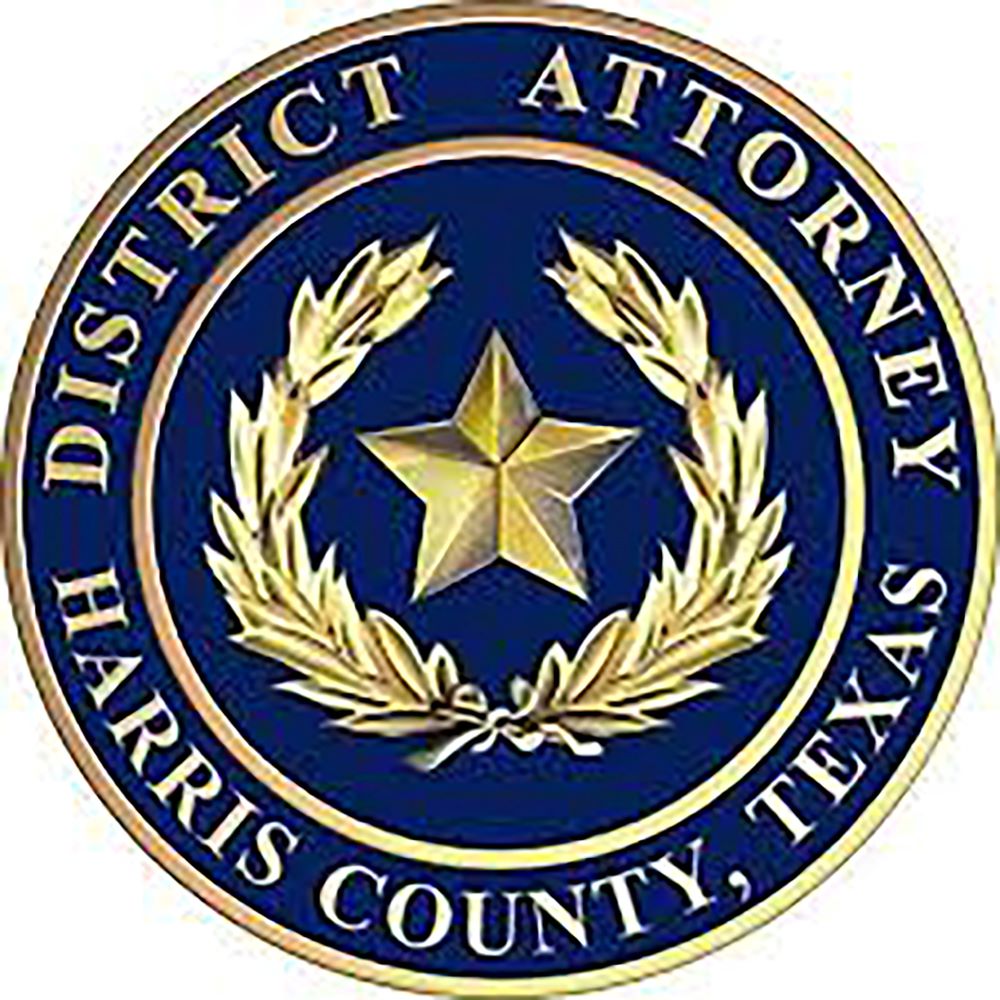10/28/2024

In a county as vibrant and diverse as Harris, elections are bound to attract attention, speculation, and yes—even a bit of drama. After nearly two years of political wrangling, Harris County District Attorney Kim Ogg has put an end to the 2022 election-rigging investigation, confirming what Democrats and voting rights advocates have been saying all along: there was no fraud. This ruling closes the curtain on a high-stakes investigation that sparked lawsuits, legislative battles, and more than a few heated tweets.

Two Years, No Fraud, and a Whole Lot of Drama
Back in 2022, some local Republicans claimed that ballot shortages in certain polling places were targeted at conservative voters, triggering accusations of intentional voter suppression. These claims led DA Ogg to launch a 21-month-long investigation, even enlisting the Texas Rangers to dig for any trace of election tampering. Yet, despite a mountain of paperwork, hours of interviews, and months of speculation, the verdict is clear: no fraud, no villains, just logistical hiccups in a high-turnout election.
The Price Tag on Political Games
The investigation wasn't without its costs—financially or politically. Harris County spent over $700,000 in legal fees, funded by taxpayers, defending election workers who were just doing their jobs. Republicans capitalized on the ongoing investigation, introducing legislation to dismantle Harris County's elections administration office. Now, the county clerk and tax-assessor collector shoulder these responsibilities—a shift many see as a step backward for efficient, non-partisan election management.
Waiting for Answers: Ogg’s Silence and Its Fallout
DA Ogg, a Democrat, faced scrutiny not only from Republicans but also from her own party for taking so long to close the case. Voting rights advocates argue that her silence left a vacuum, allowing misinformation and doubt to creep into the public's perception of Harris County's elections. “When it comes to elections, we want transparency and timeliness,” noted Emily Eby French from Common Cause Texas. “Leaving things hanging only feeds the fire of doubt and misinformation.”
What’s Really at Stake: Democracy or Political Power?
The Harris County investigation sheds light on a growing national issue: the weaponization of election security as a partisan tool. Although the investigation found zero evidence of tampering, Republicans still pushed for restrictive voting measures statewide, citing the Harris County “scandal” as justification. Yet, as court records show, not a single Harris County voter was denied their right to vote because of the alleged paper shortage. As one Texas Ranger quipped, “This would be about the stupidest way to try to criminally influence an election.”
Lessons Learned (Or Ignored) from Harris County’s Investigation
While Ogg’s investigation has concluded, the political fallout continues. Republican lawmakers are still pointing fingers, citing a partisan map that inaccurately showed ballot paper shortages predominantly in GOP-heavy precincts. This “heat map” ignored the reality: most polling locations received extra paper before running out, and voters could cast their ballots at any voting center across the county, minimizing potential disruptions. Nevertheless, the map and claims of "election tampering" were used to dismantle Harris County’s elections office—a move that hasn’t been applied anywhere else in Texas.
Houston Style Magazine readers, in the end, the investigation exposed a truth that Harris County Democrats already knew: our elections are fair, but they need support and transparency, not partisan meddling. The focus now turns to safeguarding the integrity of future elections, ensuring that access to voting remains open and secure for all citizens, regardless of political party.
To Reach the Harris County District Attorney, go to: https://www.harriscountyda.com/
